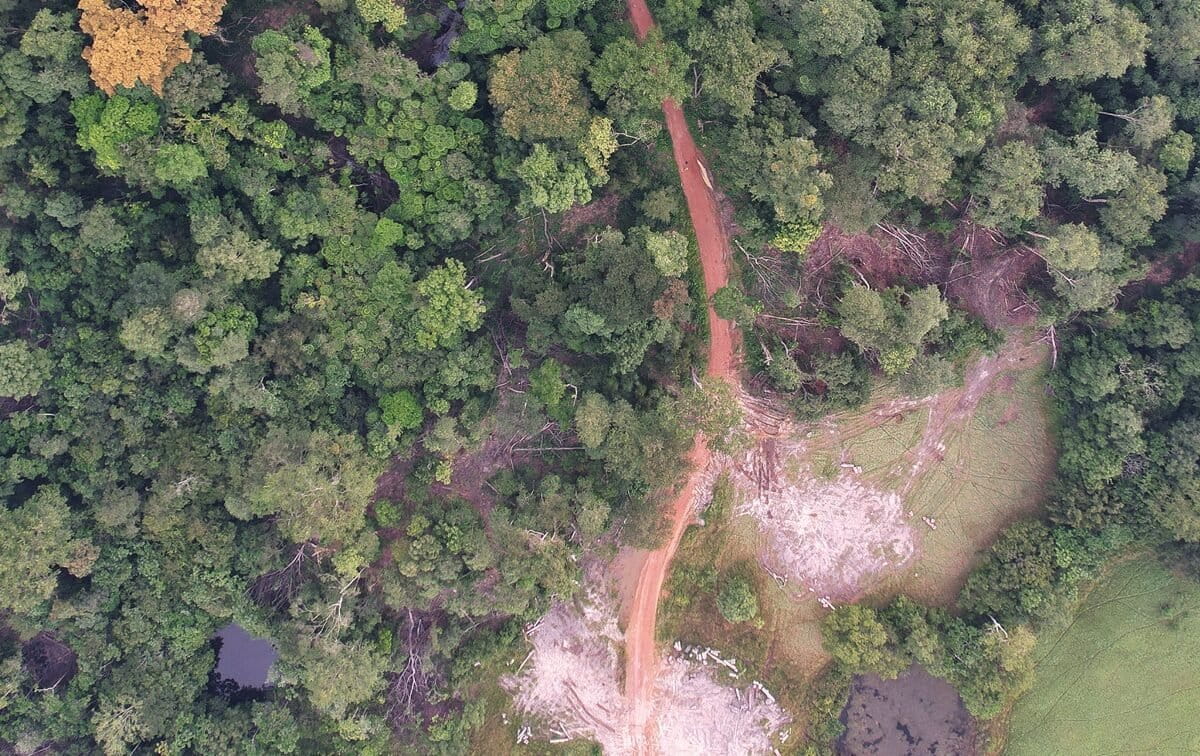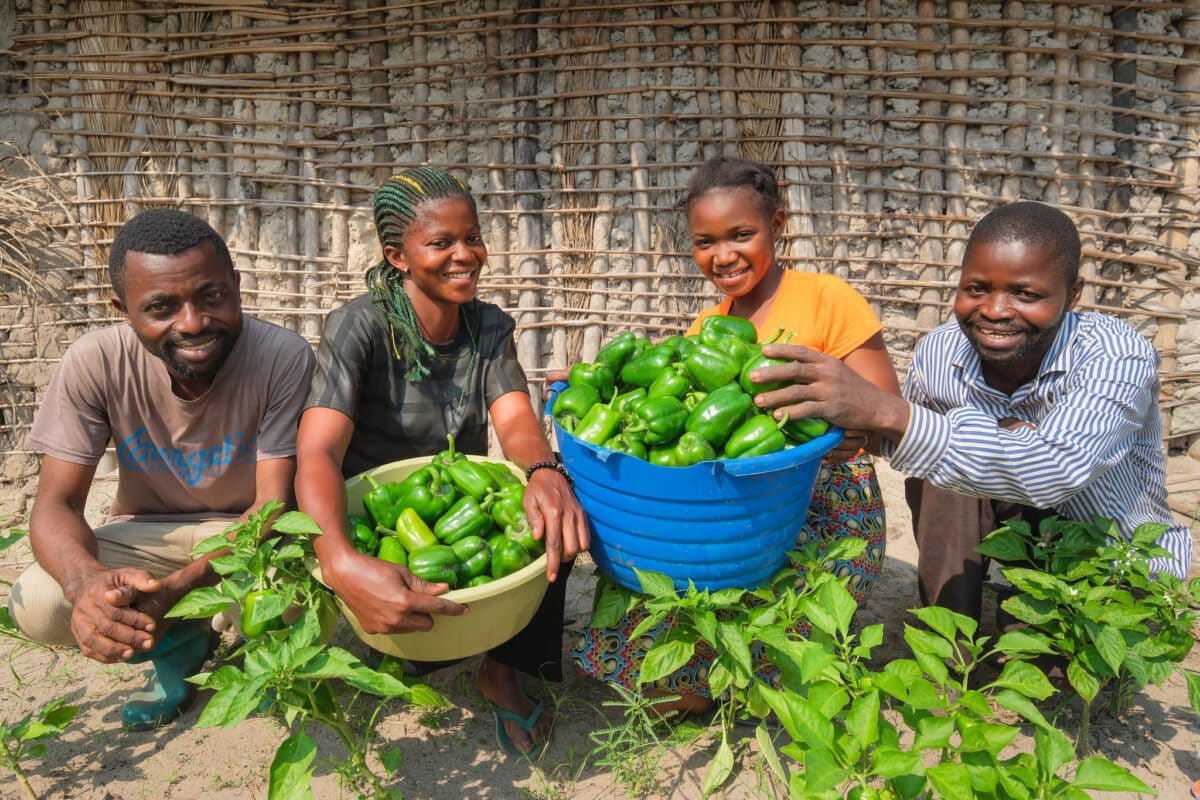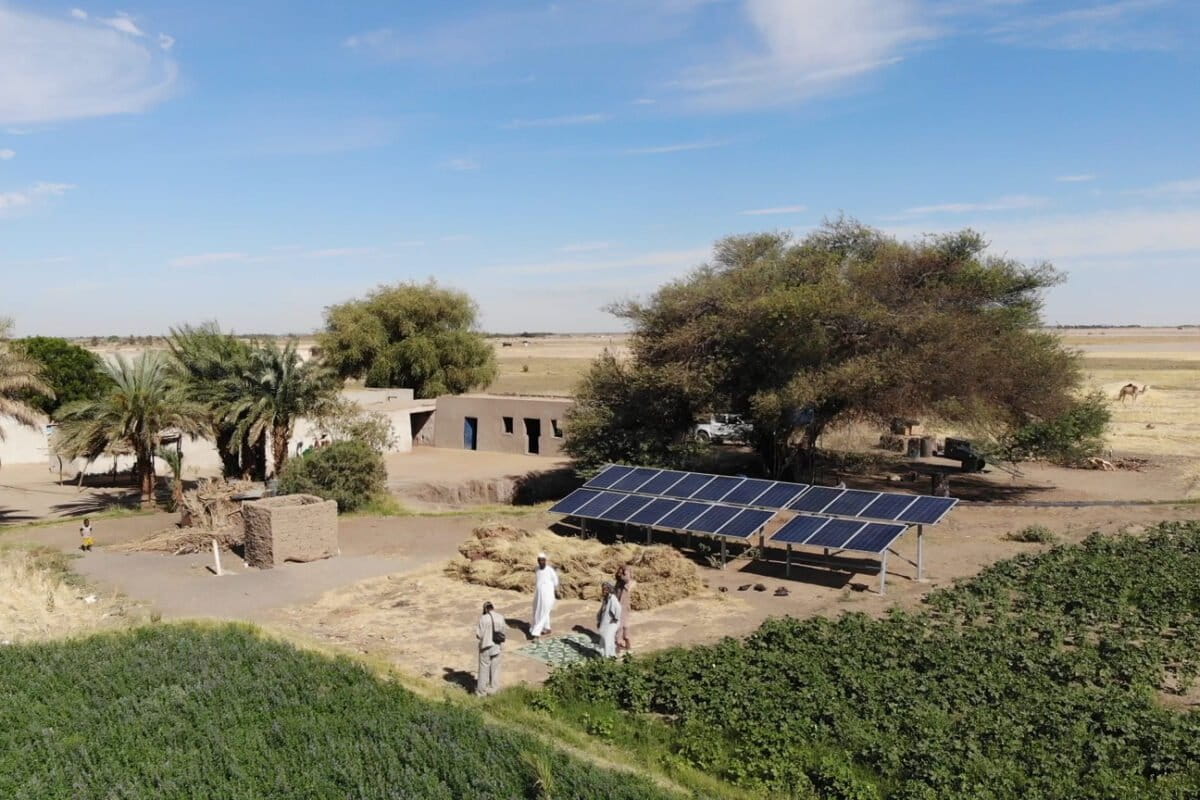Rainforest conservation could yield more cash than logging in PNG
Rainforest conservation could yield more cash than logging in PNG
mongabay.com
November 6, 2006
Papua New Guinea (PNG) could earn hundreds of millions of dollars for cutting its rainforest destruction if a carbon carbon-trading initiative it proposed last year makes headway this week at U.N. climate talks in Nairobi, Kenya.
Each year PNG loses about 250,000 hectares of primary forest according to the U.N. This forest clearance releases some 20-50 megatons of carbon dioxide, a potent greenhouse gas, to the atmosphere. Under a carbon finance deal, mitigating these emissions could be potentially worth anywhere from $80 million to a billion dollars to industrialized countries.
The way it would work is though the adoption of an “avoided deforestation” strategy to addressing cliamte change. By reducing deforestation that would otherwise occur in developing countries, industrialized countries could effectively “offset” emissions limits set under international agreements like the Kyoto Protocol. Money from industrialized countries would flow into forest conservation fund that PNG could drawn upon depending on its success in reducing its deforestation rate. The strategy could help fight climate change at a low cost while, at the same time improving living standards for some of the world’s poorest people, safeguarding biodiversity, and preserving other ecosystem services.
The forest industry currently contributes about 5 percent, or $200 million, to PNG’s economy and employs only around 10,000 people, according to the Papua New Guinea Forest Industries Association. A carbon finance deal could be worth considerably more.
This paper is based on an earlier mongabay.com article: Avoided deforestation could help fight third world poverty under global warming pact














